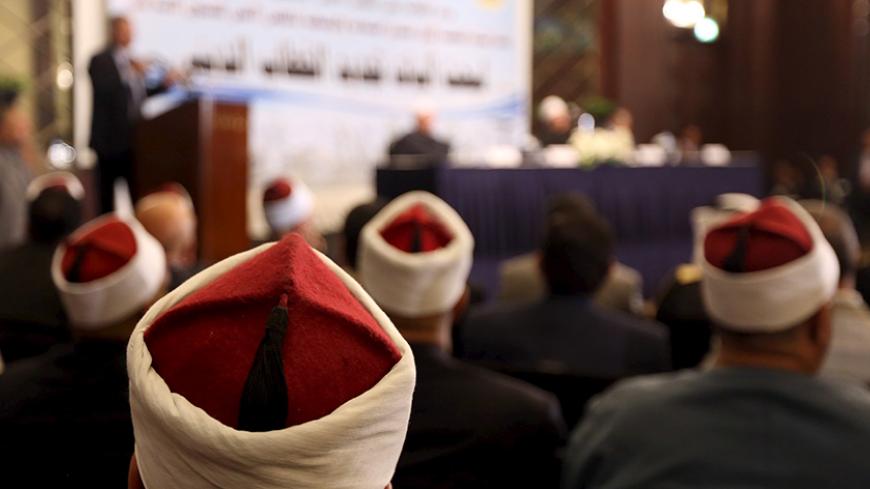CAIRO — The Egyptian Ministry of Religious Endowments is being plundered. The ministry has been fighting this controversial practice since 2012, when Talaat Afifi was appointed minister, with the discovery of a quarter billion Egyptian pounds ($31 million) in losses and 5,000 fake civil servants in these nonexistent mosques.
These establishments are vacant premises bearing the name of a mosque. No prayers or any religious rites are practiced in them; they are rather constructed to justify appointing salaried workers paid by the Ministry of Religious Endowments. In this context, 50 fake mosques were discovered on Sept. 27 in Minya governorate, each employing three salaried workers since 2009 in return for bribes.


